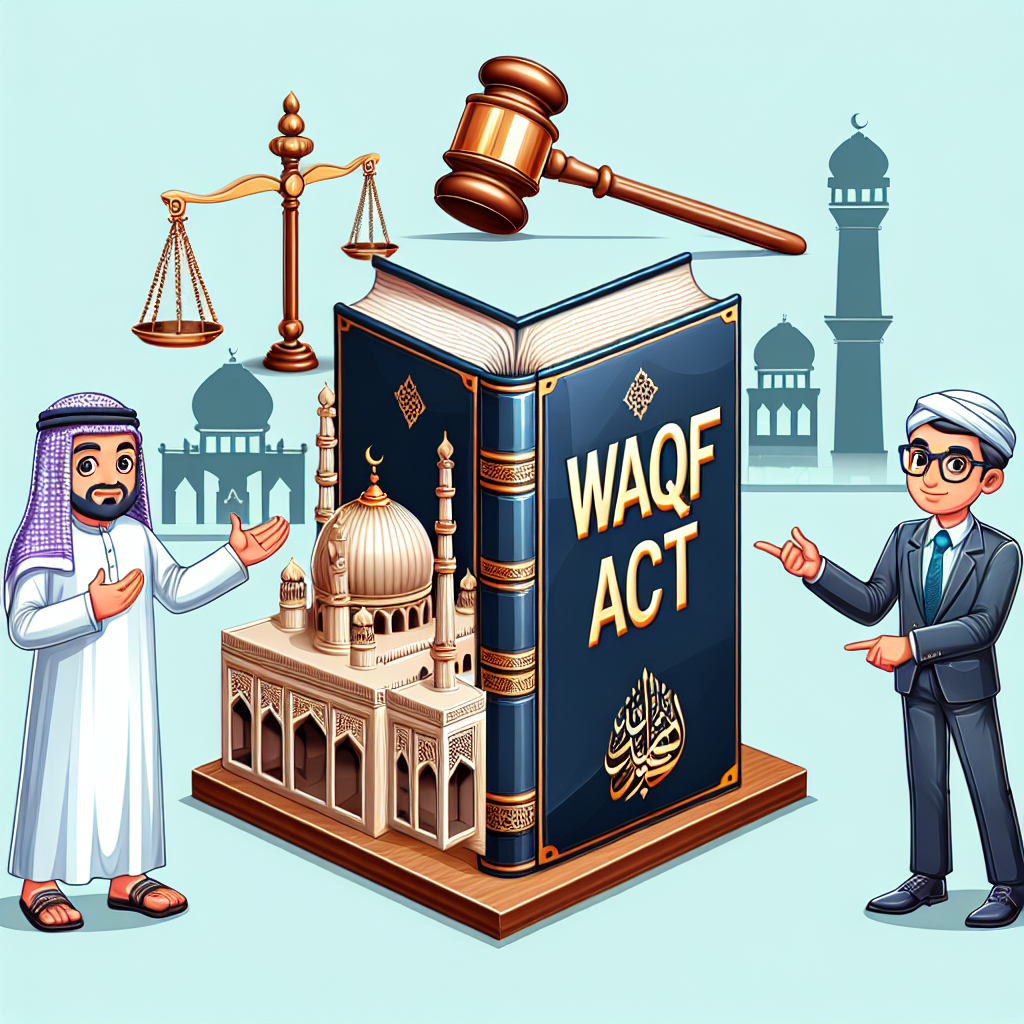Himachal VHP Demands Repeal of Waqf Act
The Himachal Pradesh unit of Vishwa Hindu Parishad (VHP) has called on the Modi government to repeal the Waqf Act, asserting it was created to appease Muslim voters. State secretary Tushar Dogra claims the act has unfairly handed over Hindu and public properties to Muslims and has conferred excessive powers to waqf boards.

- Country:
- India
The Himachal Pradesh unit of Vishwa Hindu Parishad (VHP) on Monday urged the Modi government to repeal the Waqf Act, claiming it was enacted solely to appease Muslim voters. Himachal VHP state secretary Tushar Dogra alleged that the Waqf Act and its amendments were designed to transfer properties of Hindus and the government to Muslim control.
Dogra articulated these views during a webinar organized by NGO Umang Foundation. He stated that in 1995, Waqf Boards possessed only 4 lakh acres of land in the country, a number that has since increased to 9 lakh acres due to what he called a draconian law.
The Waqf (Amendment) Bill, which was introduced in Lok Sabha last month, has been referred to a joint parliamentary panel and is currently under consideration. According to Dogra, the act allows waqf boards to claim any public or private property without proof, putting the onus of ownership on the real owner. He cited an example of an entire village in Tamil Nadu, home to a 1,500-year-old Hindu temple, becoming waqf property. Thousands of public and private properties, including the Taj Mahal, have also been claimed by waqf boards, Dogra asserted.
Dogra argued that the act was designed to attract Muslim voters, highlighting an instance where the Manmohan Singh government handed over 123 public properties in Delhi to the waqf board just before the 2014 general elections. Ajai Srivastava, chairman of Umang Foundation, emphasized that a healthy debate is necessary on issues of national importance to end appeasement politics.
(With inputs from agencies.)










